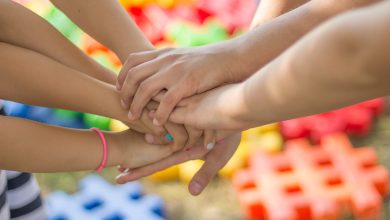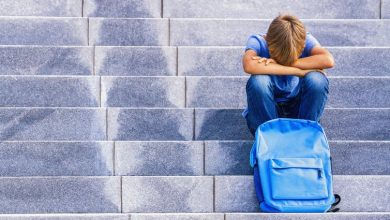83% of Aussies believe school funding should be a priority election issue
More than eight in ten Australians (83%) believe that increasing public school funding should be a priority issue at the next federal election, according to new YouGov polling released this week.

The nationwide YouGov poll of more than 1200 people showed that respondents believe that public school funding is too low and should be increased, and that public school funding should be a top priority federal election issue.
The Australian Education Union (AEU) released the polling to mark the launch of the ‘Every School. Every Child.’ campaign, which is targeting political parties to secure public school funding commitments.
Poll findings:
- More than eight in ten people (83%) believe that increasing public school funding should be a priority issue at the next federal election.
- Almost six in ten voters who currently have children attending a public school (57%) said it should be the top priority issue to increase funding to public schools at the next federal election.
- Three-quarters (77%) agreed that the Federal Government has a responsibility to ensure that every school in Australia is fully funded to 100% of the Schooling Resource Standard (SRS).
- In response to the $19 billion shortfall in Commonwealth funding for public schools over the next four years, more than half (54%) said that they believe that the Federal Government’s current share of funding for public schools is currently too low.
AEU Federal President Correna Haythorpe said this poll result showed that a majority of Australians believed that every school should be provided the resources it needs to ensure that every child gets the best education, regardless of their background or circumstances.
This polling makes it clear that the public understands the importance of funding public schools properly.
They want public school funding increased, and they want politicians to ensure that every school and every child gets the funding they need to succeed.
According to a report by economist Adam Rorris, public schools face a $19 billion funding shortfall over the next four years. In addition, the report highlights the need for capital investment for public schools, given the Federal Government provides zero funding.
The report shows that the cumulative Capital Investment Gap between the private and public sectors was $21.5 billion between 2013-2018.
“The positive difference that addressing the Commonwealth funding shortfall will make for public schools and students is immense,” Ms Haythorpe said.
It would mean extra literacy and numeracy help for students who need it, and specialist support, more teachers and more one-on-one attention in every public school.
“The public school system is the fastest growing school sector and it urgently requires additional funding to meet the demand of rising enrolments,” Ms Haythorpe said. “It is public schools that must receive additional funding for classrooms, gyms, libraries, new technology, art centres and science laboratories so that every child can learn in outstanding, modern facilities.”
“The AEU is launching the ‘Every School. Every Child.’ campaign today and we will be targeting political parties to secure public school funding commitments in the lead up to the next federal election. We will be active across Australia, mobilising parents, teachers, principals and school communities to ensure that they understand the positive difference a truly needs-based school funding model would deliver for every school and every child, and that they consider this when they vote,” Ms Haythorpe said.
It is public schools that make the significant difference in the lives of Australian children, helping to level the playing field, overcome disadvantage and achieve excellence for all.
“All political parties must understand the critical importance of funding every public school properly and fairly to ensure that every child has the best education, regardless of their background or circumstances,” Ms Haythorpe said.







